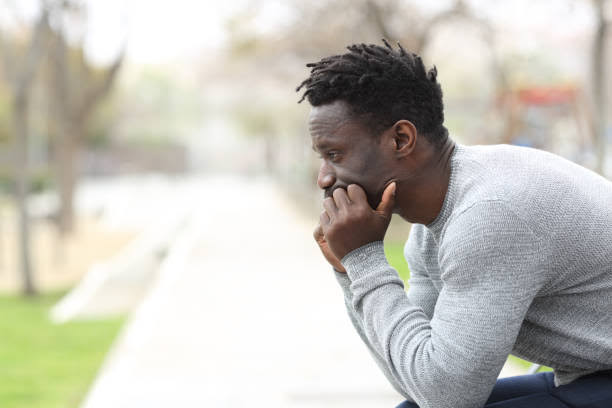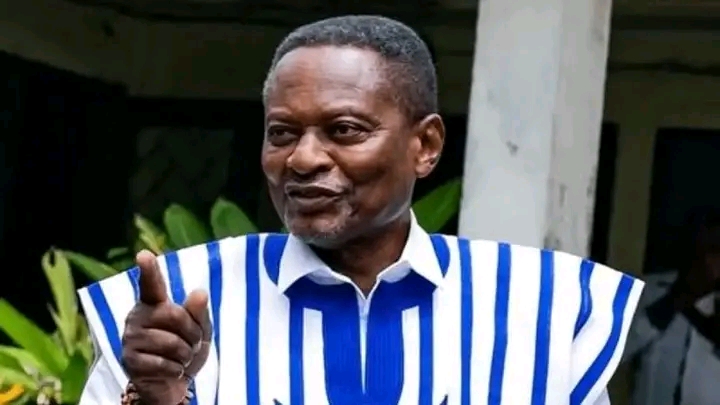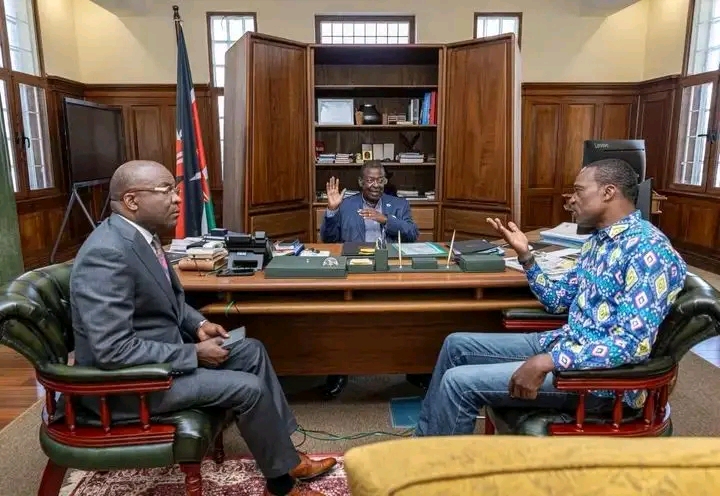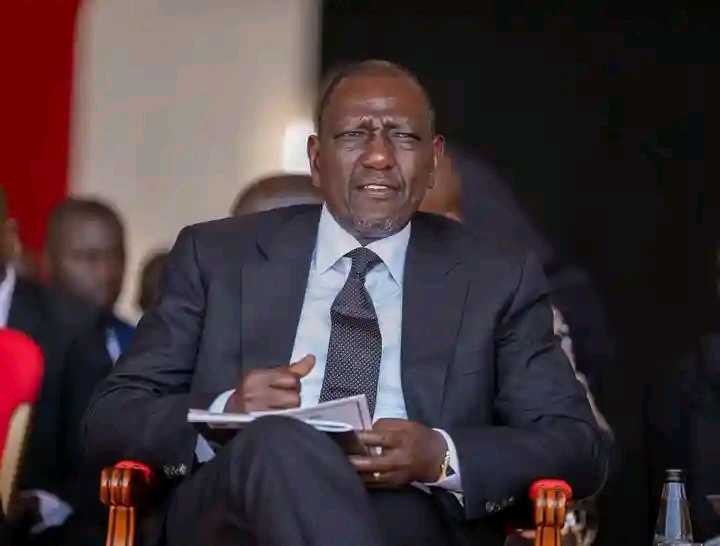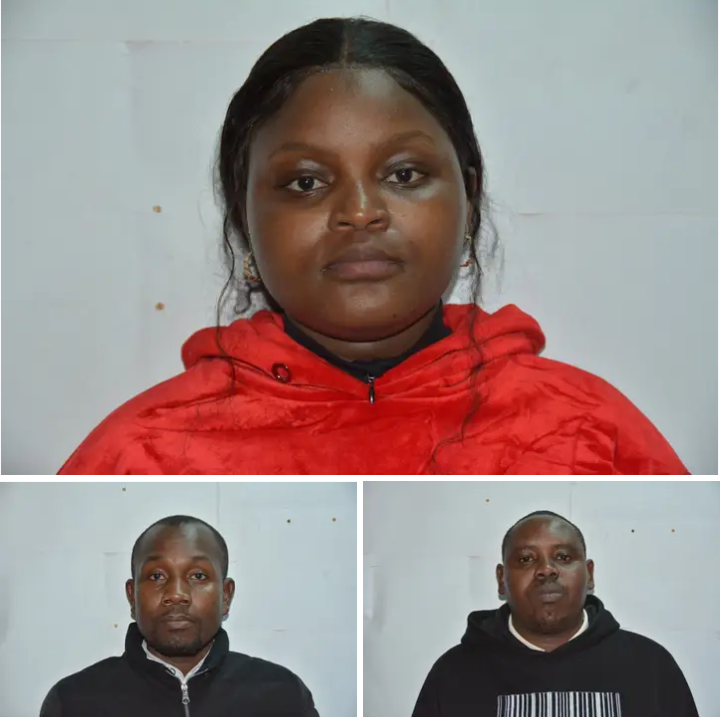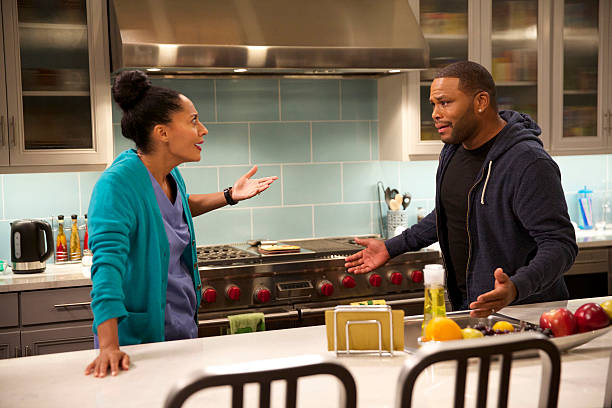
When betrayal strikes, the initial wound is often deepened not by the act itself, but by the audience that gathers to watch. The excerpt from a story of marital collapse reveals a universal truth: in our darkest hours, what we crave most is not sympathy, but sovereignty.
The author describes a nightmare scenario. As rumours spread and sides were taken, her life became a “spectacle.” The calls from her husband and the guilt-ridden messages from the other woman were almost secondary to the crushing weight of public judgment. The community, which should have been a source of support, instead became a gallery of whispers. This transformation of personal agony into public entertainment is a profound violation. It steals one’s narrative, replacing it with a gossip-fueled caricature. Is it any wonder her primary desire was not for pity, but for the return of her dignity?
This desperate need for authentic justice—for the truth to stand clear of the gossip—is what led her to Dr. Bokko. In a world where lawyers deal in facts and friends offer biased comfort, the promise of a spiritual solution is the promise of a higher, impartial court. Dr. Bokko’s analysis that “wounds run deeper than concrete evidence” speaks to a deep human understanding. Some hurts are metaphysical; they are imbalances of trust and truth that legal documents cannot rectify.
Her specific instruction—“not to hurt anyone physically, but to make the lie unsustainable”—is the most powerful line. It is a cry for moral physics, for the natural consequence of a falsehood to be its own undoing. It is not a wish for vengeance, but for revelation. In a society quick to judge and slow to understand, her journey is a poignant reminder that the most profound justice is the restoration of truth, and with it, the self.

